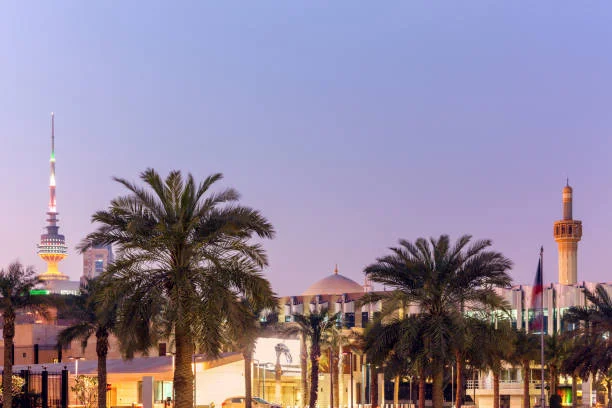Ramadan would be a very spiritually fruitful time, a time of coming together as a community, a time of cultural tradition practices within the state of Kuwait. Therefore visiting this country during this holy month, one has to learn and become aware of some of the customs and practices that make the experience. From the quiet moments of prayer to the lively Iftar gatherings, here’s what you should know to best make use of your time in the country during this specific month.
Fasting and Daily Life During Ramadan
Fasting from dawn until sunset, meaning no eating or drinking or smoking in public during the day, characterizes Ramadan in Kuwait. Many businesses and government offices work with shortened hours of operations to suit the fasting schedule, where some work through the night. Life during the day is quieter, but the nightlife starts after Iftar.
Iftar and Suhoor: Culinary Highlights
Two meals that generally take place in Ramadan are Iftar-the sunset-breaking of the fast-and Suhoor-. Typically accomplished in an atmosphere of great abundance, the aforementioned Iftar serves up some lovely gifts and culinary treasures for the Kuwaiti palate, such as machboos, harees, samosas, and copious amounts of dates and water to break the fast. Suhoor tends to be lighter with selections of bread, cheese, and fruits. Special sweets for Ramadan would include kunafa and qatayef. Ramadan Kuwait Calendar can be used to find out the Iftar and Suhoor times for this month.
Cultural Etiquette and Respect
When in Kuwait for Ramadan, it is very important to respect local custom, so act accordingly. Public eating, drinking, or smoking during fasting hours are behaviors non-Muslims need to avoid. Dress modestly whenever in a mosque or public setting. Behave in a restrained manner, especially in more religious situations. When you want to visit the mosque, you must know the Pray Time Kuwait and wear appropriate clothing.
Community Spirit and Iftar Gatherings
Ramadan is more than fasting; it is a matter of community. On Iftar evenings, family members and friends are invited to break fast together. Iftar dinners create a warm and loving atmosphere. Public Iftar gatherings held in mosques or community centers are common, and lavish Iftar buffets also abound in hotels. This is the time to discover Arabian hospitality and traditions.
Shopping and Ramadan Markets
Though shops close during the day, the shopping scene in Kuwait comes alive after Iftar. Ramadan markets and bazaars have everything from fresh fruit to traditional sweets and garments. These markets were an opportunity for local-product purchases and a way to soak in the festive vibes that Ramadan nights in Kuwait herald.
Prayers and Spirituality
Ramadan in Kuwait is not just about eating and traditional celebrations, it also carries deep spiritual meanings. Muslims perform a special prayer called Tarawih throughout the month in mosques. Visitors will be able to judge for themselves the peaceful atmosphere that prevails during these prayers, during which one also feels the deep religion that permeates all generations of Kuwaitis. It is essential to know Kuwait Prayer Time when you want to go to the mosque and learn more about the customs of the Kuwaiti people.
Conclusion
Spending Ramadan in Kuwait is a wonderful opportunity to sample the richness of the country in terms of culture and tradition. Traveling in modesty, paying heed to the Kuwait Prayer Time, and maintaining the spiritual air make the enjoining of Ramadan more effective. Iftar get-togethers and late-night festivities blend in to offer an unforgettable trip of faith, community, and warmth through Ramadan in Kuwait.







